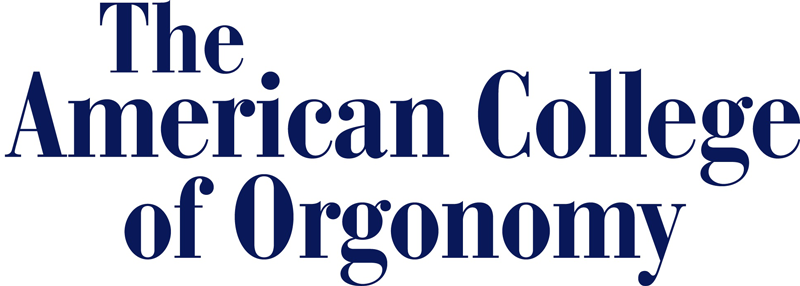Social Orgonomy Training Program
Applying orgonomic principles to human interaction and society.
Our Offering
In the Social Orgonomy Training Program you will study human functioning from the biophysical to the social and psychological levels. You will be exposed to a diagnostic system that looks at and is based on the way people actually function. Healthy and unhealthy aspects of individuals and society, as well as the parameters that support health and create dysfunction, will be examined. You will become familiar with the term “emotional plague,” which is the uniquely human and universally present destructive force that has plagued society since the beginning of civilization. Its prevalence in social settings, its origins, manifestations, and needed response will be studied. Training will proceed with individuals developing their ability to utilize orgonomic concepts and to think functionally in their particular field of work.
The three key elements of the training are:
- Training therapy with an orgonomist approved by the ACO Training Committee
- A three-year introductory Didactic Training Seminar
- Open-ended ongoing case seminars and individual tutorials
A recommendation from a treating orgonomist approved by the ACO Training Committee is required to begin the formal application process. If already in therapy with an approved orgonomist, the candidate should ask his or her therapist for a verbal recommendation to start the process. If not in therapy, the potential applicant should contact the ACO for an initial interview and assessment. The interviewing therapist will help decide if and when the applicant is structurally and emotionally appropriate for the program and ready to begin study. In some cases the training program may be deemed appropriate for the candidate, but the timing of when to start may be delayed. For continuing participation in the program, ongoing therapy with an approved orgonomist is required.
If accepted into the training program after applying and being interviewed, the Didactic Seminar starts the formal course of study. It meets four times a year for two three-hour sessions generally on the Friday evening and the following Saturday morning before the first Sunday of October, February, April, and June. Attendance at every session of this seminar is mandatory, as is a commitment to readings, homework assignments, periodic observation sessions, and tests.
Trainees who complete this course and are interested in continuing training will be interviewed to determine next steps. Those who continue in the open-ended next stage of the program will attend a variety of ongoing seminars and be given the opportunity for tutorials with orgonomists to develop their skills within their particular social settings.
All social orgonomy trainees, including both social orgonomy therapists such as those in clinical fields, including but not limited to social workers, family therapists, and psychologists, as well as general social orgonomists such as those in business, education, organizational, and other professional capacities, will participate in the ACO Social Orgonomy Case Presentation Seminar, which is held four times a year at noon on the Saturday before the first Sunday of February, April, June, and October. Those trainees who are in clinical practice will also attend the ACO Character Analytic Seminar, which meets on the first Sunday of every month. The clinical trainees are required to have ongoing individual tutorials with one of the social orgonomy faculty; the general trainees may request tutors if desired.
We accept applications from candidates in two categories:
1. Social orgonomy therapists are individuals engaged in clinically oriented work in fields that address interpersonal dynamics and problems within social structures, including work with individuals, families, and work organizations. The requirements for training in this category include character restructuring with an approved medical orgonomist on the training faculty and completion of or active enrollment in an advanced degree program in an appropriate field of social intervention such as psychology, social work, nursing, marital and family therapy, or organizational development.
2. Other individuals who are not engaged in providing therapy but may apply the knowledge of social orgonomy in a wide range of fields, such as those who work as teachers, administrators, politicians, writers, businesspeople, attorneys, managers, etc. The requirements for training in this category include character restructuring with an approved medical orgonomist and at least a bachelor’s degree.
For more information contact:
The American College of Orgonomy
aco@orgonomy.org
Phone (732) 821-1144
A cornerstone requirement for all our training programs is that trainees must be in personal training therapy. We believe that to effectively help others with emotional challenges, a medical orgonomist must first address their own issues that could interfere with managing the emotions that arise during therapy. Similarly, anyone working in the social realm must have resolved personal difficulties in making contact to help others improve their ability to connect.

The effect of applying knowledge I gain from participating in the social orgonomy training program continues to have a profound positive impact on the growth and success of my business and law practice and the degree of satisfaction I derive from my work-life. The ACO is uniquely qualified to offer this training. It is a privilege to be part of it.
Alexis Packer
Attorney at Law & small business owner

The Social Orgonomy training program has been very helpful to me. I have become better at communicating with staff and clients because I am able to have perception that is more accurate in dealing with issues. This has led to me being seen as a person to go to for practical, useful advice.
Dan Gregory

